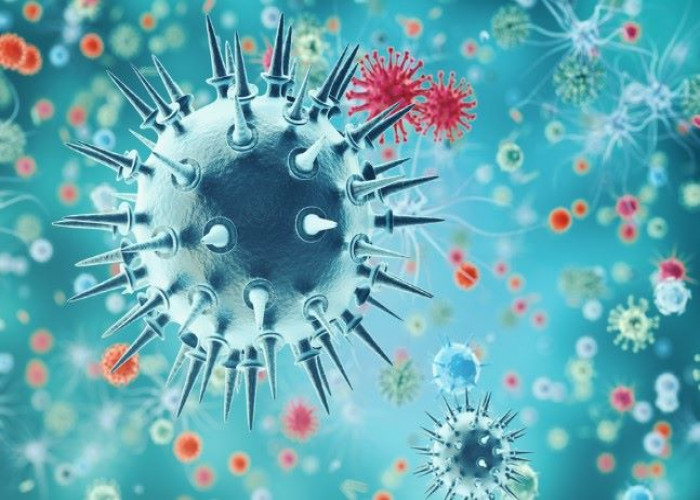 Welcome
Welcome
“May all be happy, may all be healed, may all be at peace and may no one ever suffer."
Infectious diseases
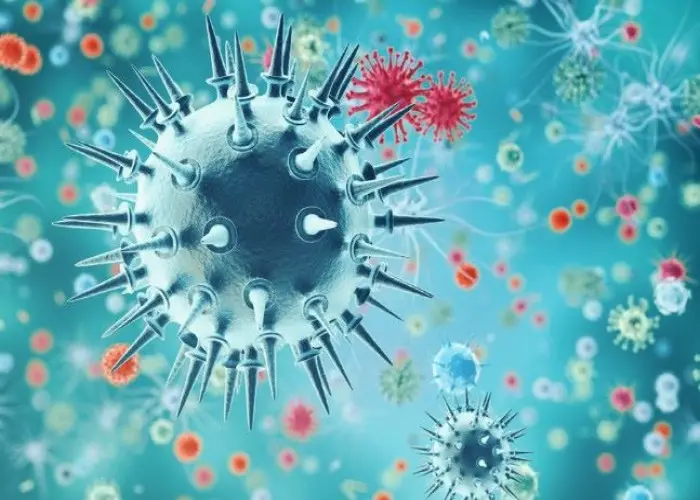
Infectious diseases are illnesses caused by pathogens such as bacteria, viruses, fungi, or parasites. These pathogens can spread from person to person, or from animal to human. Infectious diseases can range from mild, such as the common cold, to severe, life-threatening illnesses such as Ebola, COVID-19, or HIV/AIDS.
Some examples of infectious diseases include:
- Influenza (flu)
- Tuberculosis (TB)
- Hepatitis
- Malaria
- Cholera
- Measles
- Polio
- Zika virus
- Ebola virus
Prevention and treatment of infectious diseases vary depending on the specific disease, but common strategies to prevent the spread of infectious diseases include:
- Good hygiene practices, such as washing hands frequently
- Vaccination
- Isolation of infected individuals
- Quarantine of those who have been exposed to infected individuals
- Use of personal protective equipment, such as face masks or gloves
- Treatment with antibiotics, antiviral medications, or other specific therapies depending on the type of infection
It is important to seek medical care if you suspect you have an infectious disease, or if you have been in close contact with someone who has one. Early detection and treatment can help prevent the spread of the disease, as well as improve outcomes and reduce the risk of complications.
Research Papers
Disease Signs and Symptoms
- Fever
- Diarrhea
- Fatigue (Tiredness)
- Muscle pain
- Cough
- Headaches
Disease Causes
Infectious diseases
Infectious diseases can be caused by:
- Bacteria. These one-cell organisms are responsible for illnesses such as strep throat, urinary tract infections and tuberculosis.
- Viruses. Even smaller than bacteria, viruses cause a multitude of diseases ranging from the common cold to AIDS.
- Fungi. Many skin diseases, such as ringworm and athlete's foot, are caused by fungi. Other types of fungi can infect your lungs or nervous system.
- Parasites. Malaria is caused by a tiny parasite that is transmitted by a mosquito bite. Other parasites may be transmitted to humans from animal feces.
Direct contact
An easy way to catch most infectious diseases is by coming in contact with a person or an animal with the infection. Infectious diseases can be spread through direct contact such as:
- Person to person. Infectious diseases commonly spread through the direct transfer of bacteria, viruses or other germs from one person to another. This can happen when an individual with the bacterium or virus touches, kisses, or coughs or sneezes on someone who isn't infected.
- These germs can also spread through the exchange of body fluids from sexual contact. The person who passes the germ may have no symptoms of the disease, but may simply be a carrier.
- Animal to person. Being bitten or scratched by an infected animal — even a pet — can make you sick and, in extreme circumstances, can be fatal. Handling animal waste can be hazardous, too. For example, you can get a toxoplasmosis infection by scooping your cat's litter box.
- Mother to unborn child. A pregnant woman may pass germs that cause infectious diseases to her unborn baby. Some germs can pass through the placenta or through breast milk. Germs in the vagina can also be transmitted to the baby during birth.
Indirect contact
Disease-causing organisms also can be passed by indirect contact. Many germs can linger on an inanimate object, such as a tabletop, doorknob or faucet handle.
When you touch a doorknob handled by someone ill with the flu or a cold, for example, you can pick up the germs he or she left behind. If you then touch your eyes, mouth or nose before washing your hands, you may become infected.
Insect bites
Some germs rely on insect carriers — such as mosquitoes, fleas, lice or ticks — to move from host to host. These carriers are known as vectors. Mosquitoes can carry the malaria parasite or West Nile virus. Deer ticks may carry the bacterium that causes Lyme disease.
Food contamination
Disease-causing germs can also infect you through contaminated food and water. This mechanism of transmission allows germs to be spread to many people through a single source. Escherichia coli (E. coli), for example, is a bacterium present in or on certai
Disease Prevents
Infectious diseases
Follow these tips to decrease the risk of infection:
- Wash your hands. This is especially important before and after preparing food, before eating, and after using the toilet. And try not to touch your eyes, nose or mouth with your hands, as that's a common way germs enter the body.
- Get vaccinated. Vaccination can drastically reduce your chances of contracting many diseases. Make sure to keep up to date on your recommended vaccinations, as well as your children's.
- Stay home when ill. Don't go to work if you are vomiting, have diarrhea or have a fever. Don't send your child to school if he or she has these signs, either.
- Prepare food safely. Keep counters and other kitchen surfaces clean when preparing meals. Cook foods to the proper temperature, using a food thermometer to check for doneness. For ground meats, that means at least 160 F (71 C); for poultry, 165 F (74 C); and for most other meats, at least 145 F (63 C).
- Also promptly refrigerate leftovers — don't let cooked foods remain at room temperature for long periods of time.
- Practice safe sex. Always use condoms if you or your partner has a history of sexually transmitted infections or high-risk behavior.
- Don't share personal items. Use your own toothbrush, comb and razor. Avoid sharing drinking glasses or dining utensils.
- Travel wisely. If you're traveling out of the country, talk to your doctor about any special vaccinations — such as yellow fever, cholera, hepatitis A or B, or typhoid fever — you may need.
Disease Treatments
Knowing what type of germ is causing your illness makes it easier for your doctor to choose appropriate treatment.
Antibiotics
Antibiotics are grouped into "families" of similar types. Bacteria also are put together in groups of similar types, such as streptococcus or E. coli.
Certain types of bacteria are especially susceptible to particular classes of antibiotics. Treatment can be targeted more precisely if your doctor knows what type of bacteria you're infected with.
Antibiotics are usually reserved for bacterial infections, because these types of drugs have no effect on illnesses caused by viruses. But sometimes it's difficult to tell which type of germ is at work. For example, pneumonia can be caused by a bacterium, a virus, a fungus or a parasite.
The overuse of antibiotics has resulted in several types of bacteria developing resistance to one or more varieties of antibiotics. This makes these bacteria much more difficult to treat.
Antivirals
Drugs have been developed to treat some, but not all, viruses. Examples include the viruses that cause:
- HIV/AIDS
- Herpes
- Hepatitis B
- Hepatitis C
- Influenza
Antifungals
Topical antifungal medications can be used to treat skin or nail infections caused by fungi. Some fungal infections, such as those affecting the lungs or the mucous membranes, can be treated with an oral antifungal. More-severe internal organ fungal infections, especially in people with weakened immune systems, may require intravenous antifungal medications.
Anti-parasitics
Some diseases, including malaria, are caused by tiny parasites. While there are drugs to treat these diseases, some varieties of parasites have developed resistance to the drugs.
Disease Diagnoses
Disease Allopathic Generics
Disease Ayurvedic Generics
Disease Homeopathic Generics
Disease yoga
Infectious diseases and Learn More about Diseases

Ichthyosis vulgaris
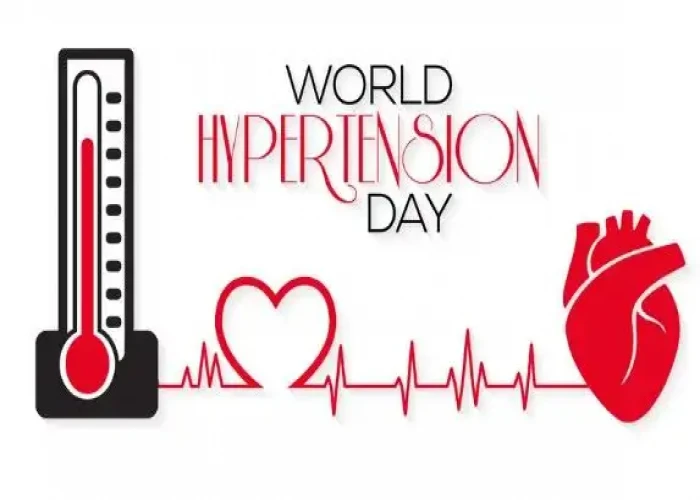
Secondary hypertension
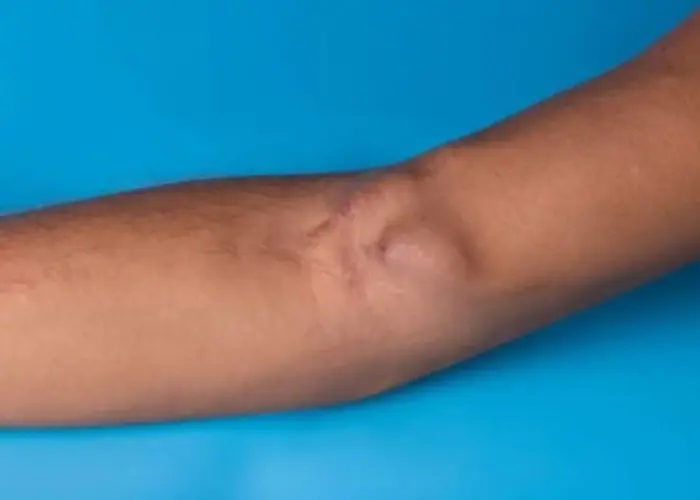
Arteriovenous fistula

Suspicious breast lumps
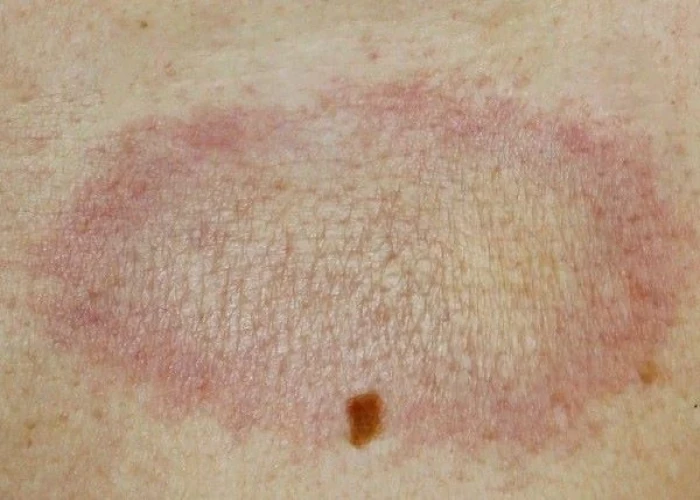
Morphea

Adrenal cancer

Shin splints

Gastrogenous Diarrhoea
infectious diseases, সংক্রামক রোগ
To be happy, beautiful, healthy, wealthy, hale and long-lived stay with DM3S.
